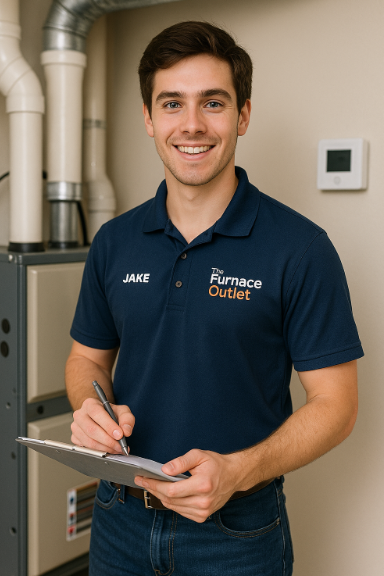Introduction
Living in Florida means enduring long, hot summers where a reliable air conditioning system isn't just a luxury—it's a necessity. When your old AC unit starts showing signs of wear or fails completely, replacing it becomes a top priority. However, understanding the costs involved can be overwhelming. In this guide, we'll break down the various expenses associated with purchasing and installing a new AC unit in Florida, helping you make an informed decision.
Average Cost of a New AC Unit in Florida
The cost of a new air conditioning system in Florida varies based on several factors, including the size of your home, the type of system you choose, and the complexity of the installation. On average, homeowners can expect to pay between $3,900 and $8,000 for a complete AC replacement, including both equipment and installation, as highlighted by experts at FilterBuy.
Breakdown of Costs:
-
2-Ton System: Approximately $3,900–$5,000
-
3-Ton System: Approximately $4,500–$6,500
-
4-Ton System: Approximately $5,000–$7,000
-
5-Ton System: Approximately $5,500–$8,000
These estimates include both the cost of the unit and standard installation fees. Keep in mind that additional expenses may arise if your existing ductwork needs repairs or modifications.
Factors Influencing AC Replacement Costs
Several elements can impact the overall cost of replacing your AC unit:
-
Unit Size and Capacity: Larger homes require more powerful systems, which can increase costs.
-
Energy Efficiency (SEER Rating): Higher SEER ratings indicate better energy efficiency but often come with a higher upfront cost.
-
Brand and Model: Premium brands may offer longer warranties and better performance but at a higher price point.
-
Installation Complexity: Factors like ductwork modifications, electrical upgrades, and system placement can add to installation costs.
For additional insights into pricing, including how to choose the right system for your Florida home, visit HVAC.com.
Understanding SEER Ratings and Their Impact
The Seasonal Energy Efficiency Ratio (SEER) measures the cooling efficiency of an air conditioning system. In Florida, the minimum SEER rating for new systems is 14.3 due to the state's hot climate, as explained by HVACR School. Opting for a system with a higher SEER rating can lead to significant energy savings over time, though it may come with a higher initial cost.
Installation Costs and Considerations
Installation is a significant portion of the overall expense. On average, installation costs in Florida range from $1,000 to $3,000, depending on the complexity of the job, as detailed by One Way Air. Factors influencing installation costs include:
-
Ductwork Modifications: If your existing ducts are incompatible with the new system, modifications or replacements may be necessary.
-
Electrical Upgrades: Older homes may require electrical panel upgrades to accommodate the new system.
-
System Placement: Difficult-to-access installation sites can increase labor costs.
Additional Costs to Consider
Beyond the basic unit and installation, other expenses may include:
-
Permits and Inspections: Depending on local regulations, you may need permits for installation, which can add to the cost.
-
Refrigerant Charges: New systems may require specific types and amounts of refrigerant, impacting costs.
-
Maintenance Plans: Some homeowners opt for extended warranties or maintenance plans, which can add to the overall expense.
Financing Options for AC Replacement
Given the significant investment, many homeowners explore financing options. Programs like the Property Assessed Clean Energy (PACE) financing allow homeowners to pay for energy-efficient upgrades through property taxes. Additionally, many HVAC companies offer in-house financing or work with third-party lenders to provide affordable payment plans.
Choosing the Right AC System for Your Home
Selecting the appropriate AC system involves considering:
-
Home Size: Ensure the system's capacity matches your home's square footage.
-
System Type: Decide between central air systems, ductless mini-splits, or heat pumps based on your needs.
-
Budget: Balance upfront costs with long-term energy savings.
-
Brand Reputation: Research brands known for reliability and customer service.
Consulting with a licensed HVAC professional can provide personalized recommendations tailored to your home's requirements.
Conclusion
Replacing your AC unit in Florida is a significant investment, but understanding the associated costs can help you make an informed decision. By considering factors like unit size, energy efficiency, installation complexity, and additional expenses, you can select a system that fits both your home's needs and your budget. If you're looking for a new AC unit, consider energy-efficient options like the Goodman 3 Ton 14.5 SEER2 R-32 Bundle. Remember to obtain multiple quotes from reputable contractors and explore financing options to ensure a smooth and affordable replacement process.







